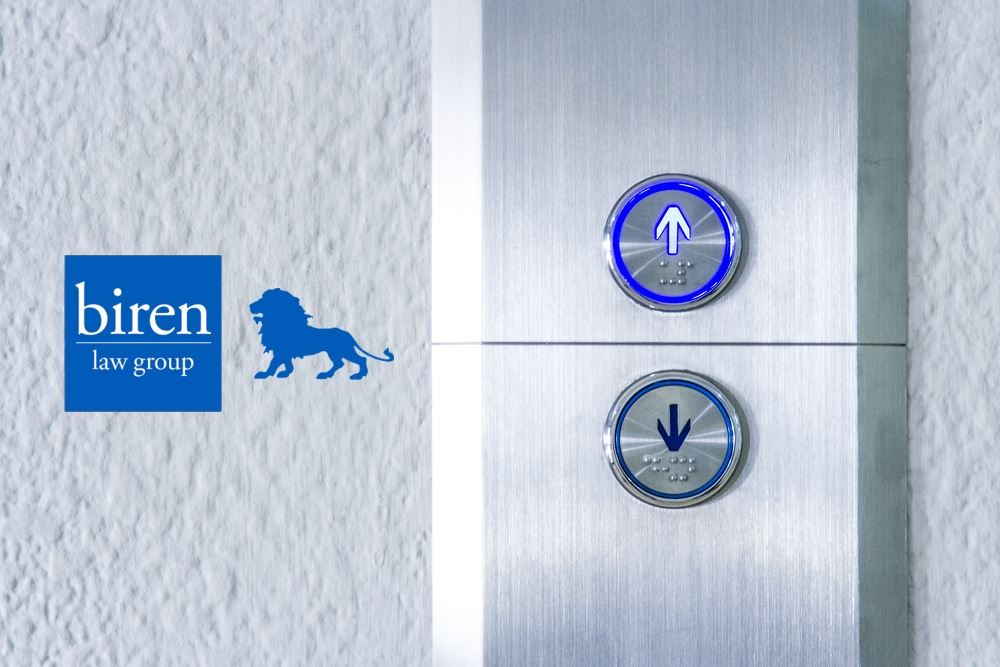Some multi-level houses are equipped with elevators, allowing residents to get easily from one floor to another. Although they provide a convenient way of traveling within the home, these transport devices could present health and safety risks to children and some adults.
Unlike commercial elevators that have a single door, many home elevators have a door inside the device itself as well as one facing the hall or room it opens to. When the elevator starts moving to another floor, the exterior door locks to prevent hazards. However, if a child or small adult stands in the space between the two doors, they could get stuck and be carried with the elevator until crashing into the sill between floors.
The impact could result in serious harm, such as:
- Head injuries
- Paralysis
- Quadriplegia
- Death
Why The Gap?
The space between the doors is for allowing residents easy passage from a room or hallway into the elevator. However, in the past, there were no uniform guidelines for how wide the gap should be. Because of that, some manufacturers allowed for a distance of 5 inches or greater, and for others, it was less. However, dangers arise when there is too much room between the doors, which is especially true with home elevators that have accordion-style interior doors because the valleys create an even larger gap that children could get stuck between.
Increased Safety Standards
For decades, home elevator manufacturers knew about the hazards of the space between the two doors, but little was done to address the issue. In 2017, the American Society of Mechanical Engineers made updates to home elevator safety codes, prohibiting the distance between the inside and outside doors from being greater than 4 inches. However, the changes apply only to new installations.
Speak With An Attorney At Biren Law Group During A Free Consultation
If your loved one was injured in a home elevator accident, contact our skilled team today. Our lawyers have over 40 years of experience helping individuals injured because of another person’s or company’s negligence. We’re here to provide the legal guidance you need to initiate a claim against the responsible party. We have obtained millions of dollars in settlements and verdicts for past clients, and we are ready to negotiate with insurance companies or take your case to trial to pursue just compensation on your behalf.
Get started today by calling us at (310) 774-0078 or contacting us online.

